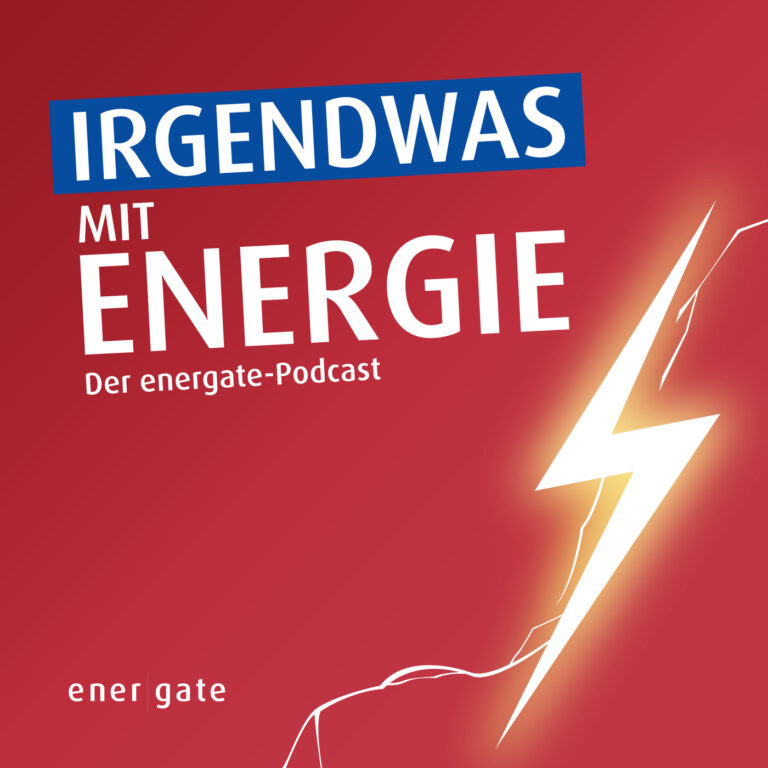Each COP is a defining moment in the fight for our climate and a sustainable future. Recent scientific findings such as the latest IPCC reports have stressed the severity of the climate problem – making this year’s COP27, hosted in Sharm El-Sheikh (Egypt) from 7-18 November 2022, especially important. Almost seven years after the Paris Agreement, the aim of COP27 is to move from negotiations to implementation, and this year’s general focus will be on climate finance and climate adaptation.
As the need for climate action becomes more urgent and governments, businesses and individuals begin to implement potential solutions, (lack of) change will cause conflicts and legal disputes around climate measures. IKEM, which has played a pioneering role in the emerging field of climate law, will host side-events at COP27 that address the growing importance of climate litigation and arbitration in resolving climate-related disputes. Picking up last year’s discussion of Sustainable Cities, IKEM will also examine the potential for global regeneration to benefit people and nature.
IKEM events at COP27
 Quelle: Ketut Subiyanto/pexels
Quelle: Ketut Subiyanto/pexels Official COP side event
Climate-Related Dispute Resolution – Resolving Climate Change outside of state courts
17 November 2022 | 11:30—13:00 | Room Amon, UNFCCC Blue Zone
IKEM and its partners Mediators Beyond Borders International (MBBI) and the International Environmental Communication Association (IECA) will host an official side event focussing on climate-related dispute resolution. While various prominent climate lawsuits have already shown the importance of litigation for climate action, out-of-court dispute resolution such as climate arbitration and mediation are not yet well established. The side-event will therefore discuss ideas for the implementation of dispute resolution mechanisms, along with their procedural design on the basis of hypothetical case studies. The event will conclude with the introduction of potential institutionalization in a Court of Climate Arbitration.
energate podcast
IKEM reports from COP27
In the second week of COP27, IKEM reports daily from COP27 in the energate podcast. We will discuss the most important topics of the day and share our impressions from the climate negotiations in Sharm el-Sheikh.
Networking
IKEM networking drinks
Daily from 19.00 | Changing locations
The official climate negotiations and side events in the Blue Zone are certainly the most important part of every COP. At the same time, the COP also offers an excellent opportunity to network with other researchers and climate activists in a less formal setting. Every evening after a long day at the COP, IKEM reunites at a restaurant or bar in central Glasgow. Check out our Twitter for the location and join us for a drink!
Background: Resolving climate disputes
Climate lawsuits aimed at improving (national) climate protection measures are becoming an increasingly important instrument of climate protection. The objective of litigation is to assert claims to climate protection against states or companies.
But litigation is not the only mechanism to resolve these disputes. Because climate change affects virtually all aspects of life and many areas of law, dispute resolution also occurs outside of state courts, particularly in cases involving investment protection or disputes between companies. Against this background, IKEM examines alternatives to state courts with a focus on consensual dispute resolution procedures such as mediation and arbitration.
Mediation is a confidential and structured procedure in which parties voluntarily, and on their own responsibility, seek a consensual settlement of their conflict with the help of one or more mediators. The focus of mediation is on dealing with the conflict based on the interests of the parties and is fundamentally not aimed at the (final) clarification of legal issues, but at the reconciliation of interests. Mediation can be a stand-alone process or a mandatory part of arbitration proceedings.
Arbitration is probably the best-known procedure for out-of-court dispute resolution. Disputes are settled before an arbitral tribunal, a private body that can make binding decisions on legal issues based on a voluntary provision or ad hoc agreement between the parties. The tribunal’s decision typically takes the form of a binding award that is not subject to further review by the courts.
Even though climate-related disputes are already being brought before arbitral tribunals, procedural rules for climate arbitration are still being developed. IKEM proposes the creation of a Court of Climate Arbitration that will provide specialised expertise and formulate procedural rules to cement the role of arbitration as an effective procedure for resolving climate change disputes.





